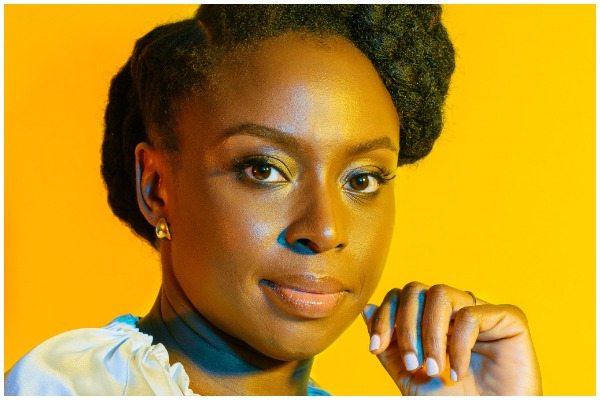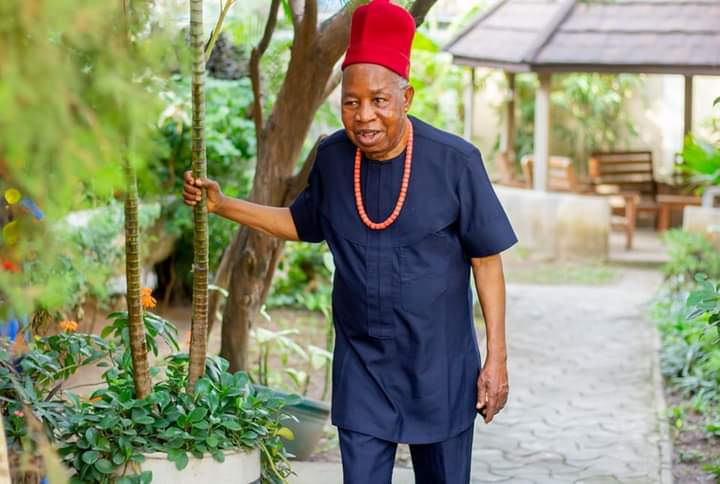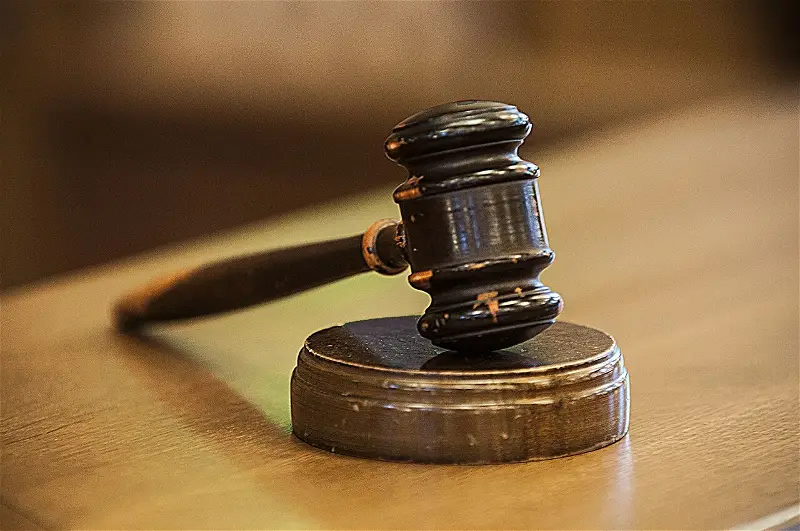By Benjamin Achi
In recent days, the media interview granted by the literary icon, Chimamanda Ngozi Adichie where she narrated the ugly experience she and her family had in her local parish church during the burial of her mother, went viral and has been generating a lot of comments and reactions. The concerns and grievances she expressed in that video have long entered the national discourse as they have been the subject of prolonged conversations within and outside the ecclesiastical circles. While many have voiced their support for what many view as a campaign against administrative anomalies within the church, others have expressed strong reservations about Ms Adichie’s decision to bring it to the public space and even inviting people to come forward with their own stories of such ugly experiences.
To be very honest, there are two extremes that need to be avoided here.
ON THE PART OF CHIMAMANDA:
As justified and legitimate as her grievances are (and I really felt for her because I imagined myself in her shoes in that particular circumstance), she should not forget that she is now a standard bearer of some sort with a wide constituency; a global citizen with huge social capital and global affiliations and whose words would carry weight way beyond her imaginations. Hers is such a huge platform now whether anyone accepts it or not. So her inviting people to come tell their ugly stories in the media space about a strictly ecclesiastical matter looks to me like an overkill. I wish someone could remind her. She got that rare opportunity of addressing the Catholic Bishops Conference of Nigeria (CBCN) during their plenary in Enugu last August where she addressed this and similar other issues that have constituted her grouse with the church overtime. She ended her very beautiful presentation to the bishops with these words: “I want to say that it really feels lovely to say ‘we Catholics’ in this room, standing before the fathers of our ancient faith…” This concluding remark sounded like: “I’m with the Church now; it is our Church and we must work together to see it become better…” Turning around to lead this media campaign would no longer look like fighting WITHIN the Church. When a conversation like this hits the public space, it is likely going to become an all-comers affair and the result may not look quite good. She may have all the good intentions but not everyone does. As for the priest in her local church who went overboard, one would expect Chimamanda to let go by now since she has long made her grievances known even to the highest ecclesiastical authority in the land (the CBCN) and I’ve not heard of any right thinking person who didn’t find the action of that priest reprehensible.
ON THE PART OF THE CHURCH’S HIERARCHY:
The second extreme to avoid here is on our own part as priests or members of the church’s hierarchy. And that is to avoid a blanket defence of the church in this circumstance, ignoring the strong reservations the people of God have about our pastoral conducts. Let no one make any mistakes about it: Chimamanda is not a lone voice as regards these reservations. Many of our faithful are getting disenchanted with a whole lot of things happening in the Church. With 1.3 billion Catholics in a world of 7.9 billion people, we may not know how far things have gone wrong and how many of our faithful have lost their faith as a result of some untoward attitude or conducts of some members of the clergy. Forget the numbers. It would be foolhardy to allow ourselves to be deceived by the huge figures.
Last line:
St Pope John Paul II gave us an excellent example and we need to always take a cue from the holy pontiff. The apology he rendered on behalf of the church at the turn of the new millennium was something totally unprecedented. We could recall that even some members of the Roman Curia at the time expressed some reservations about it but to be honest, that apology brought a lot of healing not only to the church but to the entire world. The earlier we become humble enough to admit our wrongs and apologise and make amends where necessary and stop this grandstanding and this perpetual pretension to rectitude in the face of obvious error, the better for us. We are a church populated by human beings, clergy and lay faithful alike, and we are susceptible to getting it wrong sometimes. We must admit this.






